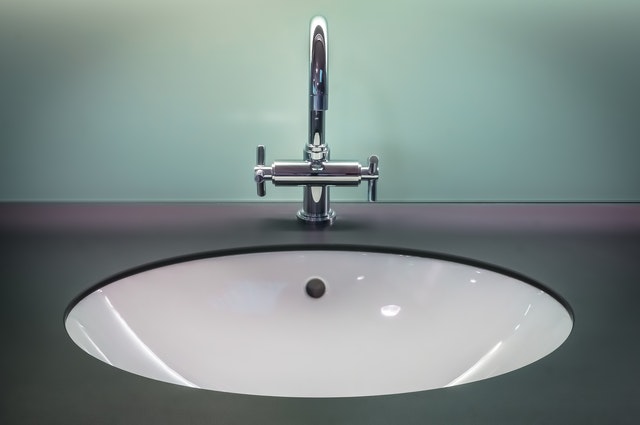
Insufficient cleaning is one of the most common reasons for damage and deposit disputes. If you want to avoid disputes, take photographs and contact the cleaning company. The documentation can help you dispute the charge. After all, it’s your security deposit, so make sure that you get it back! Below are some tips for end of tenancy cleaning. Read them thoroughly to avoid problems later! We also recommend that you hire a professional cleaning company.

Insufficient Cleaning
Despite the fact that most tenancies are professionally cleaned when the tenants move in, this doesn’t mean that they should leave the property uncleaned. While most landlords expect a certain standard of cleanliness, tenants should be careful to document this in the inventory. The second most common cause of deposit disputes is insufficient end-of-tenancy cleaning. In most tenancies, the landlord has agreed to do some basic house maintenance such as tidying up the garden. A tenant’s obligation to clean up after themselves is stated in the contract, but if the landlord is able to provide evidence that the property is in a poor condition, they may lose its rights to get its deposit back.
While the most common reason for deposit disputes is insufficient end-of-tenancy cleaning, this problem is avoidable. By following some simple tips, tenants can make their own end-of-tenancy cleaning and still receive their full deposit. A comprehensive end-of-tenancy cleaning guide gives tips and expert advice on how to ensure that your property is spotless at the end of the lease.
Comprehensive Inventory
A comprehensive inventory report is crucial to the success of a deposit dispute. The landlord cannot overcharge a tenant for any cleaning after they have moved out. Moreover, landlords cannot charge tenants more for the end-of-tenancy clean than the standard of cleaning required by the deposit agreement. Furthermore, when tenants hire a cleaning company, they will ensure that the property meets the standards of a reasonable standard.
The standard of end-of-tenancy cleaning is critical. A poor cleaning may affect your deposit by up to 20%. Some tenants choose to leave the property in a better state than it was before they moved in. As a result, the deposit may be disputed if the cleaning service was insufficient. Most tenancy agreements include clauses requiring a professional cleaning service.
Another common reason for deposit disputes is insufficient end-of-tenancy cleaning. Some tenants are not happy with the cleaning they are required to do, and they may cancel the last month’s rent in order to avoid paying it. The landlord can then claim the deposit for legitimate cleaning and damage. If the cleaning was done properly, however, the landlord is entitled to keep the deposit. To avoid this, you can try visiting end of tenancy cleaning Kennington for your end-of-tenancy cleaning.
The landlord’s claims that there are issues with the property should be challenged. This should not be an issue if you’ve prepared a signed inventory that includes photos of the property as it was when you moved in. This will be valuable if a dispute arises. Moreover, if the landlord asks for an end-of-tenancy cleaning, he may be entitled to subtract the amount from the deposit if the tenant does not comply.
Damage Disputes
One of the most common causes of damage disputes is the failure of the tenant to do a thorough job at the end of the tenancy. In addition to not doing enough cleaning, the tenant may also inflict damage to the property. The best way to avoid a dispute is to ensure that the cleaning company does the best job possible before leaving. The amount of compensation can be reasonable if it does not exceed the cost of the service.
The landlord is obliged to pay the tenant within 14 days after the end of the tenancy, or the tenancy contract. If they do not, the tenant can apply for an urgent hearing order from the Tribunal. In addition, tenants are expected to leave the property clean and in order. They should not damage it through poor care or attention. For this reason, the proper end of tenancy cleaning is vital to avoid damage disputes.
Replacement of Damage
You are legally responsible for the condition of the property you are renting. This includes damage that was caused by you or incurred during your tenancy period. As such, the landlord has a legal obligation to carry out repairs, replace any damaged items, and make sure that the property meets minimum standards. Before leaving, you should ensure that all items were in good condition and were fit for purpose.
